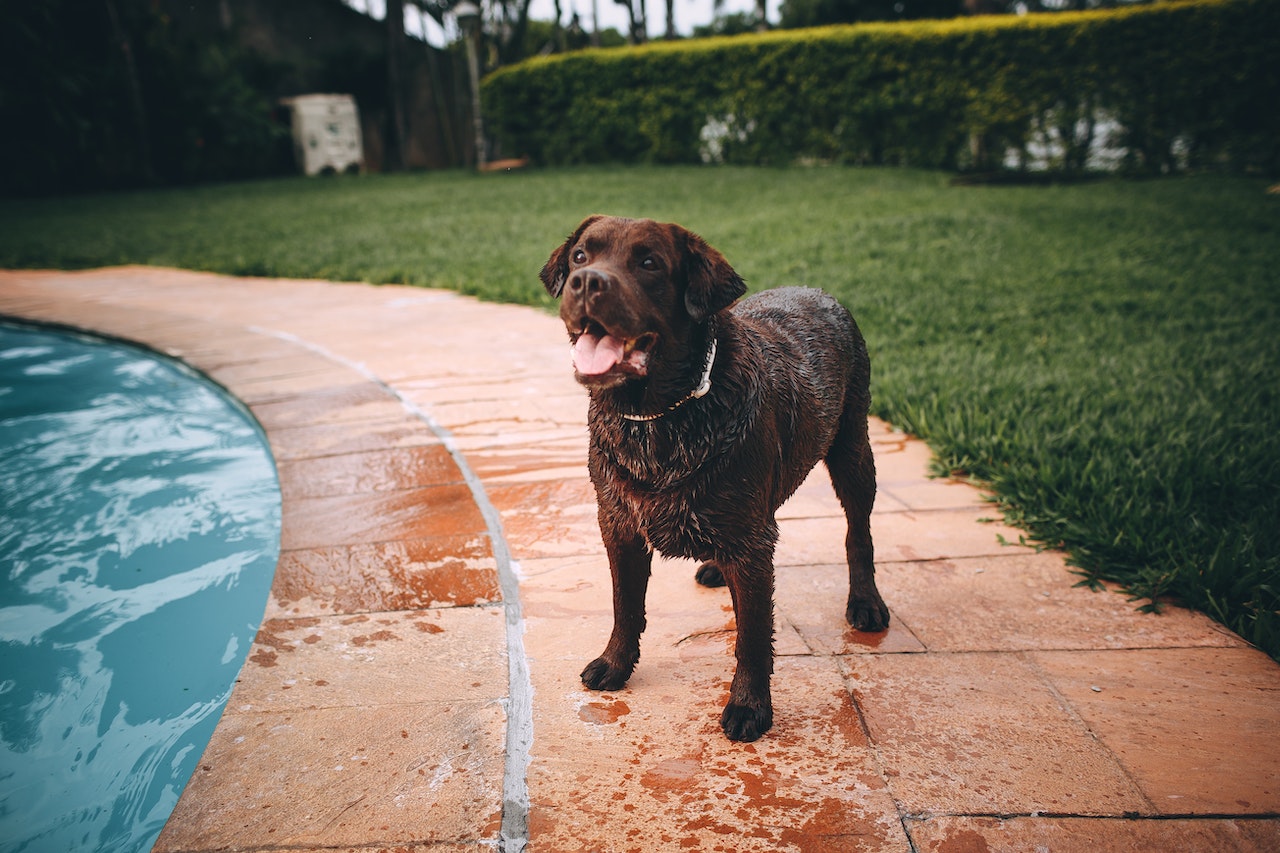How to Get a Dog to Stop Peeing when Excited
If you’re struggling with a Labrador that pees when excited, don’t worry – you’re not alone. Many dog owners face this issue and wonder how to put a stop to it. The good news is, there are effective strategies you can implement to help your furry friend overcome this behaviour.
One approach is to work on building your Labrador’s impulse control. Teaching them basic commands like “sit” or “stay” can help divert their focus and keep them calm in exciting situations. By rewarding them for staying composed, you reinforce positive behaviour and help reduce the likelihood of accidents.
Another helpful technique is desensitisation. Gradually exposing your Labrador to situations that trigger excitement, such as visitors or playtime, can help them become more accustomed to those scenarios without getting overwhelmed. This process involves starting with low-intensity stimuli and gradually increasing the level of excitement over time.
Remember, consistency and patience are key when addressing this issue. It may take some time for your Labrador to break the habit of peeing when excited. With proper training techniques and plenty of positive reinforcement, you’ll be well on your way to having a calmer and drier furry companion.
Understanding the Cause
Common Causes of Excitement Peeing
When it comes to understanding why dogs pee when they’re excited, it’s essential to recognize that this behaviour is relatively common, particularly among certain breeds like Labradors. Excitement peeing occurs when a dog becomes overwhelmed by excitement or extreme emotions, leading to involuntary urination. While it may be frustrating for pet owners, it’s important not to scold or punish your furry friend for this behaviour as it often stems from their inability to control their bladder in these moments.
Excitement peeing can have various triggers and causes, including:
- Lack of Bladder Control: Puppies and young dogs are more prone to excitement peeing due to their underdeveloped bladder control. As they grow older and gain better control over their urinary muscles, this behaviour tends to diminish.
- Submission: Some dogs exhibit excitement peeing as a submissive gesture when faced with an overwhelming or intimidating situation or person.
- Overstimulation: Dogs who get excessively excited during playtime or interactions with visitors may inadvertently release urine due to heightened arousal levels.
The Impact of Training on Excitement Peeing
Fortunately, proper training techniques can help address and manage excitement peeing in dogs effectively. By implementing consistent training methods, you can gradually teach your furry companion how to cope with excitement without losing control of their bladder.
Here are a few tips that can make a difference:
- Positive Reinforcement: Rewarding your dog for good behaviour helps reinforce positive associations and encourages them to remain calm during exciting situations.
- Controlled Introductions: Gradually introduce your dog to new experiences and people while maintaining a calm environment. This gradual exposure will help them build confidence and reduce the likelihood of excitement urination.
- Redirect Attention: Teach your dog alternative behaviours such as sitting or fetching toys when they start to feel overwhelmed. This redirects their focus and energy away from excitement peeing.
Identifying Triggers for Excitement Peeing
To effectively address excitement peeing, it’s crucial to identify the triggers that cause your dog to lose control of their bladder. By understanding these triggers, you can take proactive steps to manage or avoid them whenever possible.
Some common triggers for excitement peeing include:
- Greeting Visitors: Dogs may become overly excited when meeting new people, leading to involuntary urination.
- Playtime: Engaging in high-energy play sessions can trigger excitement peeing in some dogs.
- Changes in Routine: Any sudden changes in a dog’s routine or environment can induce feelings of excitement or stress, potentially resulting in accidents.
By recognizing these triggers, you can modify your dog’s environment and gradually desensitise them through proper training techniques.
Remember, patience and consistency are key when addressing excitement peeing in dogs. With time and effort, you can help your furry friend gain better control over their bladder and enjoy more relaxed interactions without any unwanted accidents.
